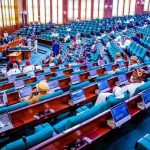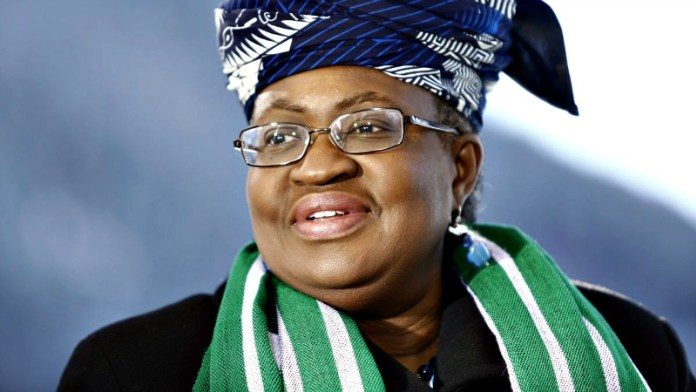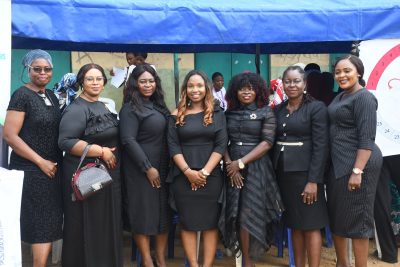A legal battle is brewing between the Central Bank of Nigeria (CBN) and 33 of its former employees, who have filed a class-action lawsuit alleging wrongful termination following a mass dismissal exercise in April 2024.
The claimants, led by their counsel Stephen Gana, argue that the retrenchment process was unlawful and unconstitutional, citing violations of the Nigerian Constitution and the CBN’s Human Resources Policies and Procedures Manual (HRPPM).

They allege that the bank failed to follow the required procedures for dismissal, including the lack of consultation with the Joint Consultative Council, a body outlined in Article 16.4.1 of the HRPPM.

The claimants also assert that the bank did not provide them with a fair hearing before their terminations, as mandated by law.
In their legal action filed at the National Industrial Court of Nigeria (NICN) in Abuja, the former employees seek a range of reliefs, including:
- A declaration that their terminations were unlawful and unconstitutional.
- Immediate reinstatement to their previous positions.
- Payment of salaries and benefits from the date of their termination.
- A restraining order preventing future dismissals without due process.
- ₦30 billion in general damages for psychological distress, hardship, and reputational harm.
- ₦500 million in legal costs.
Read More: CBN Clarifies Early Exit Programme and Staff Disengagement
The dismissed staff argue that their employment contracts were of statutory flavour, meaning they were governed by public service rules, which require stricter conditions for termination than those typically found in private sector employment.

In response, the CBN, through its legal team led by Senior Advocate of Nigeria (SAN) Inam Wilson, has filed a preliminary objection challenging the admissibility of the suit. The legal team argues that the suit should not proceed as filed.
On November 20, 2024, during a court session, Justice O. A. Obaseki Osaghae encouraged both parties to explore an amicable resolution of the dispute, referencing Section 20 of the National Industrial Court Act (NICA) 2006.
Justice Osaghae emphasized the potential for an out-of-court settlement and adjourned the case until January 29, 2025, for the hearing of the preliminary objection or to review the progress of settlement talks.
The case has attracted significant attention, as the outcome could have broader implications for employment practices in Nigeria’s public sector.









